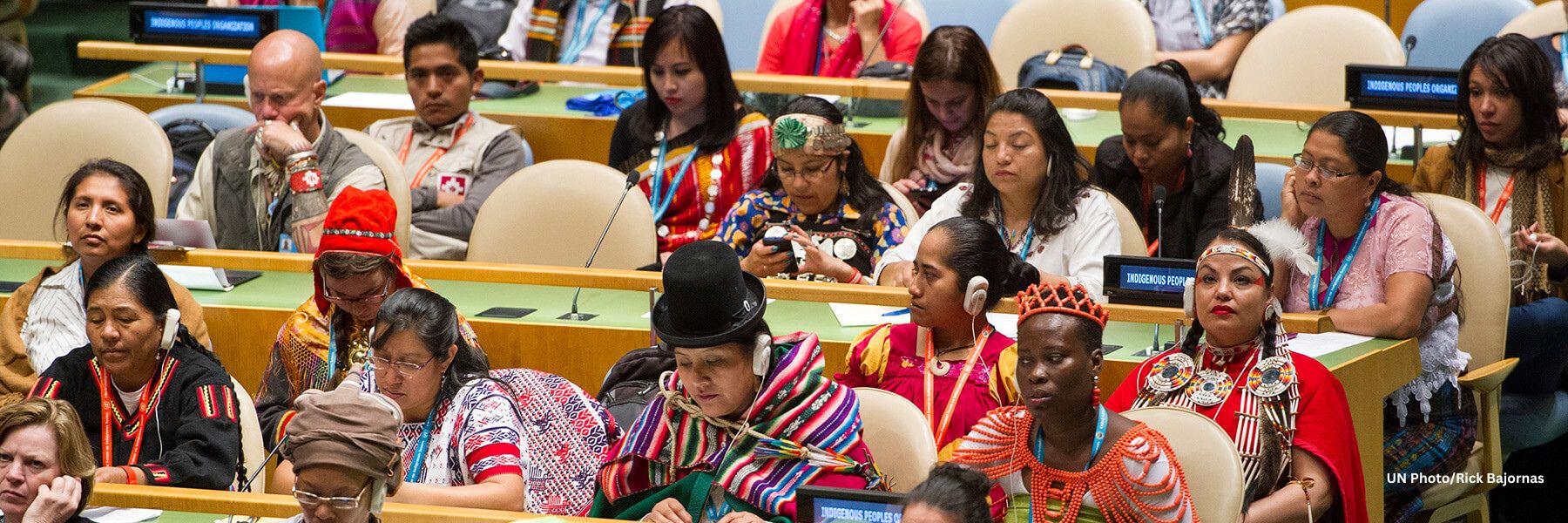CGIS Keynote Speakers
2026 Keynote Speakers
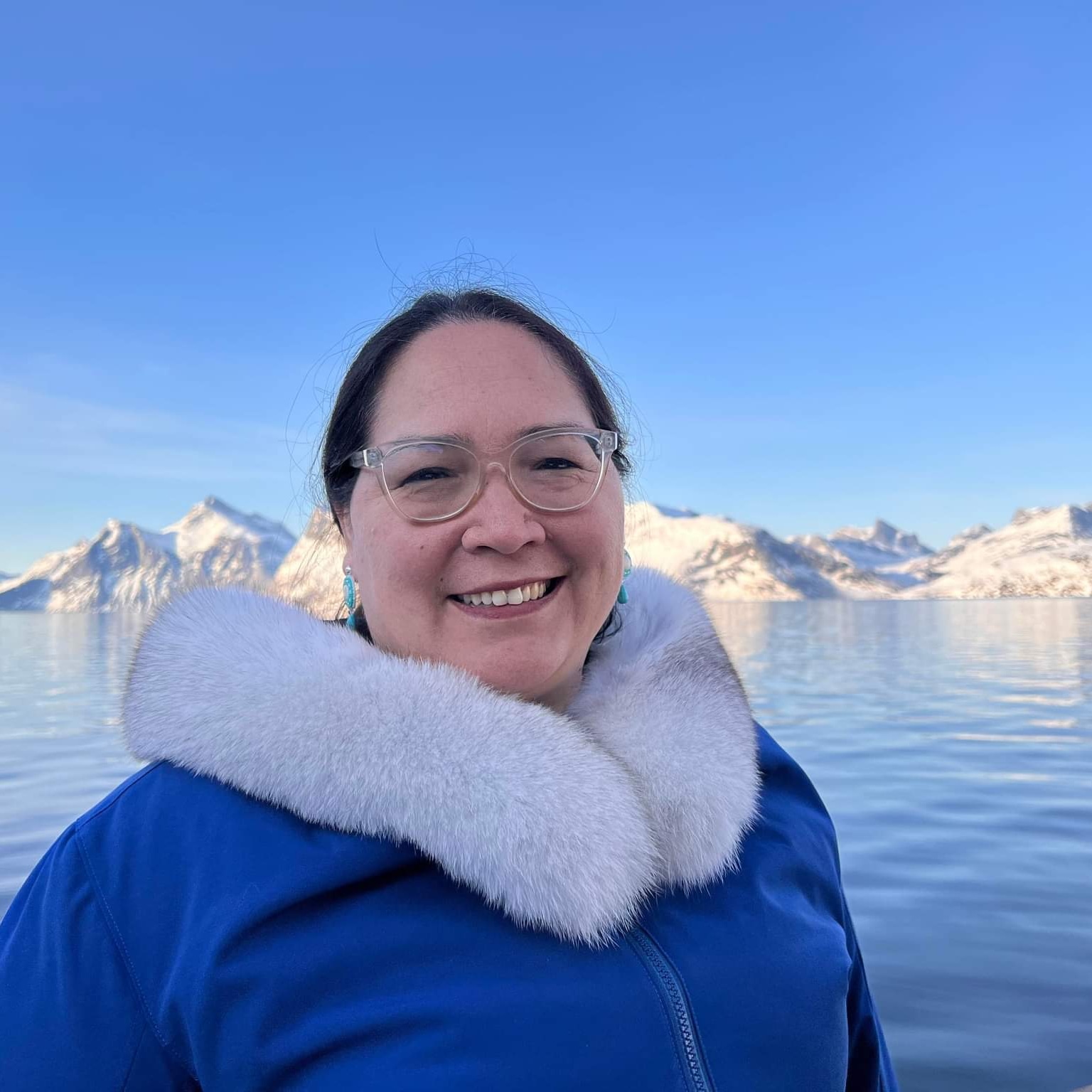
Aluki Kotierk
Chair for the United Nations Permanent Forum on Indigenous Issues (UNPFII) and the Minister’s Special Representative (MSR) conducting an external review of Nutrition North Canada (NNC)
Aluki Kotierk is the Chair for the UN Permanent Forum on Indigenous Issues (UNPFII) and the Minister’s Special Representative (MSR) conducting an external review of Nutrition North Canada (NNC). Aluki is driven by her passion to empower and improve the lives of Inuit. Aluki is keen in how Inuit language and culture can be better incorporated into the way in which programs and services are designed and delivered in Nunavut. Aluki is a former co-chair representing Indigenous People’s Organizations on the Global Task Force for the International Decade of Indigenous Languages (IDIL) 2022-2032. After earning her master’s degree in Native and Canadian Studies at Trent University, Aluki worked for various Inuit organizations including Pauktuutit Inuit Women of Canada, Inuit Tapirisat of Canada (now known as Inuit Tapiriit Kanatami), and Nunavut Sivuniksavut. She has also held management and Deputy Minister roles within the Government of Nunavut and Office of the Languages Commissioner. Aluki was the President of Nunavut Tunngavik Incorporated (NTI) from 2016 to 2024.
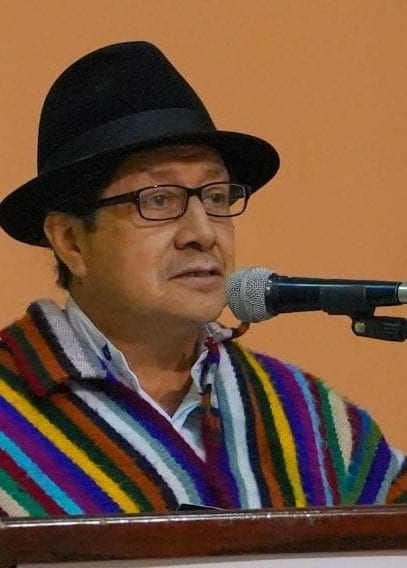
Armando Muyolema
Rector of AmawtayWasi
Intercultural University of Nationalities and Indigenous Peoples, Ecuador
Armando Muyolema is an Ecuadorian Kichwa Kañari educator, researcher, and language activist whose work has greatly influenced Indigenous education and linguistic revitalization in the Andes. He holds a degree in Educational Sciences from the University of Cuenca, a master’s in Cultural Studies from the Universidad Andina Simón Bolívar in Quito, and a Ph.D. in Hispanic Languages and Literatures from the University of Pittsburgh. Dr. Muyolema has served as a teacher and pedagogical advisor within Ecuador’s bilingual education program, contributing to curriculum development, teacher training, and initiatives that strengthen Indigenous cultural and linguistic rights. His long-standing commitment to language revitalization has led him to develop projects focused on Kichwa language development, documentation, and community-based educational strategies. For many years, he taught and directed the Kichwa Language Program at the University of Wisconsin–Madison, where he helped expand opportunities for the study of Indigenous languages in higher education and supported students engaged in decolonial and intercultural research. He currently serves as Rector of Amawtay Wasi, the Intercultural University of the Indigenous Peoples and Nationalities of Ecuador, where he works to advance community-centered higher education grounded in Indigenous epistemologies. His research focuses on interculturality, minority language pedagogies, critical sociolinguistics, and Andean ways of knowing.
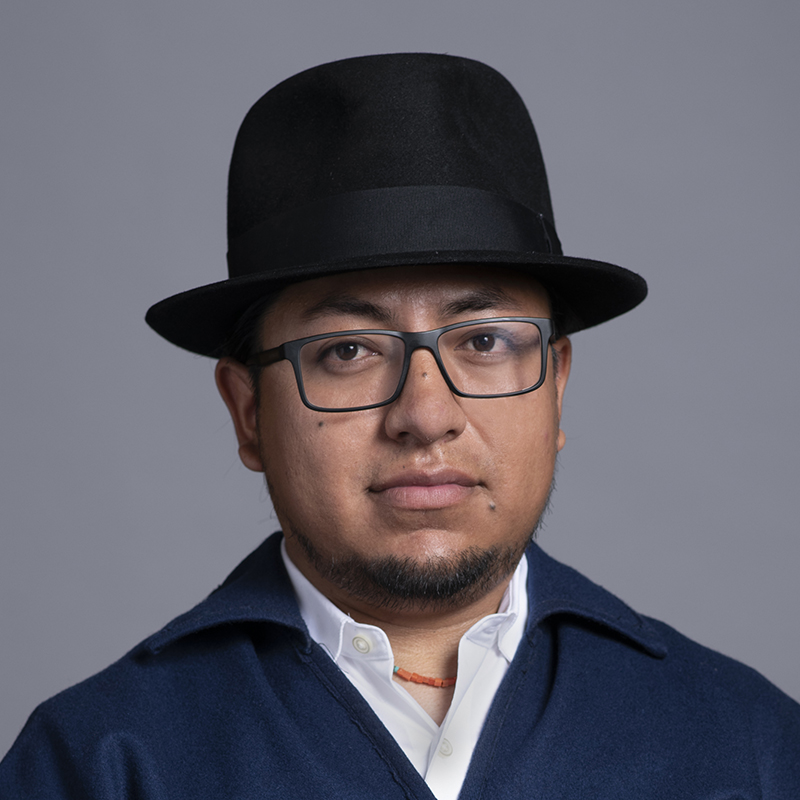
Diego A. Tituaña Matango
Member of the Kichwa Otavalo community and a career diplomat in the Ecuadorian Foreign Service
Diego A. Tituaña, a member of the Kichwa Otavalo community, is a career diplomat in the Ecuadorian Foreign Service, which he joined in 2012. His work spans multilateral, bilateral, and consular roles, with a focus on human rights, Indigenous Peoples, sustainable development, climate change, democracy, and international cooperation. He has extensive experience in multilateral diplomacy, particularly in advancing the rights of Indigenous Peoples. From 2014 to 2019, he coordinated the UN General Assembly resolution on the Rights of Indigenous Peoples, leading efforts that strengthened Indigenous participation at the UN and to the proclamation of 2019 as the International Year of Indigenous Languages. He also served as the principal negotiator of the resolution establishing the International Day of Solstice, promoting global recognition of Indigenous traditions such as Inti Raymi. From 2020 to 2022, he headed the Technical Office of the Ministry of Foreign Affairs in Imbabura, overseeing human mobility and foreign policy issues in Ecuador’s northern border region. He later served as Deputy Chief of Mission at the Embassy of Ecuador in the Dominican Republic (2022–2025) and currently works in the Cabinet Office of the Vice Minister of International Cooperation in Quito. Diego is a Yale World Fellow (2019) and a Draper Hills Summer Fellow at Stanford (2021). He holds graduate and undergraduate degrees in International Relations and is a Ph.D. candidate in Human Rights at Universidad Carlos III de Madrid.
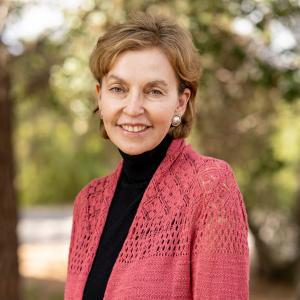
Teresa L. McCarty
Distinguished Professor and George F. Kellner Chair of Education and Anthropology, and Faculty in American Indian Studies
University of California Los Angeles, United States
TeresaL. McCarty is Distinguished Professor and G.F. Kneller Chair in Education and Anthropology, and Faculty in American Indian Studies at the University of California, Los Angeles. Her research, teaching, and community-based work focus on Indigenous education, language planning and policy, educational and linguistic sovereignty, and critical ethnographic studies of Indigenous language education in and out of schools. A member of the National Academy of Education, she is co-editor of the Journal of American Indian Education and of the Multilingual Matters book series, Language, Education and Diversity. Her books include “To Remain an Indian” – Lessons in Democracy from a Century of Native American Education (with K. Tsianina Lomawaima), A World of Indigenous Languages – Politics, Pedagogies, and Prospects for Language Reclamation (with Sheilah E. Nicholas and Gillian Wigglesworth), IndigenousLanguage Revitalization in the Americas (with Serafín Coronel-Molina), Language Planning and Policy in Native America—History, Theory, Praxis, and Ethnography and Language Policy. She is currently engaged in a study of Hawaiian-medium teacher preparation and a U.S.-wide, multi-university study of Indigenous-language immersion schooling.
Questions?
Contact the IU Conferences at IUCONFS@iu.edu for questions about abstract submissions, conference registration and payments, acceptance and visa letters.
Contact the Conference Organizing Committee at HLSGISN@iu.edu for questions about content of abstracts, presentations, conference agenda, etc.

Land Acknowledgement
We wish to acknowledge and honor the Indigenous communities native to this region and recognize that Indiana University Bloomington is built on Indigenous homelands and resources. We recognize the myaamiaki, Lënape, Bodwéwadmik, and saawanwa people as the past, present, and future caretakers of this land. For more information, please visit the IU First Nations Educational & Cultural Center.


